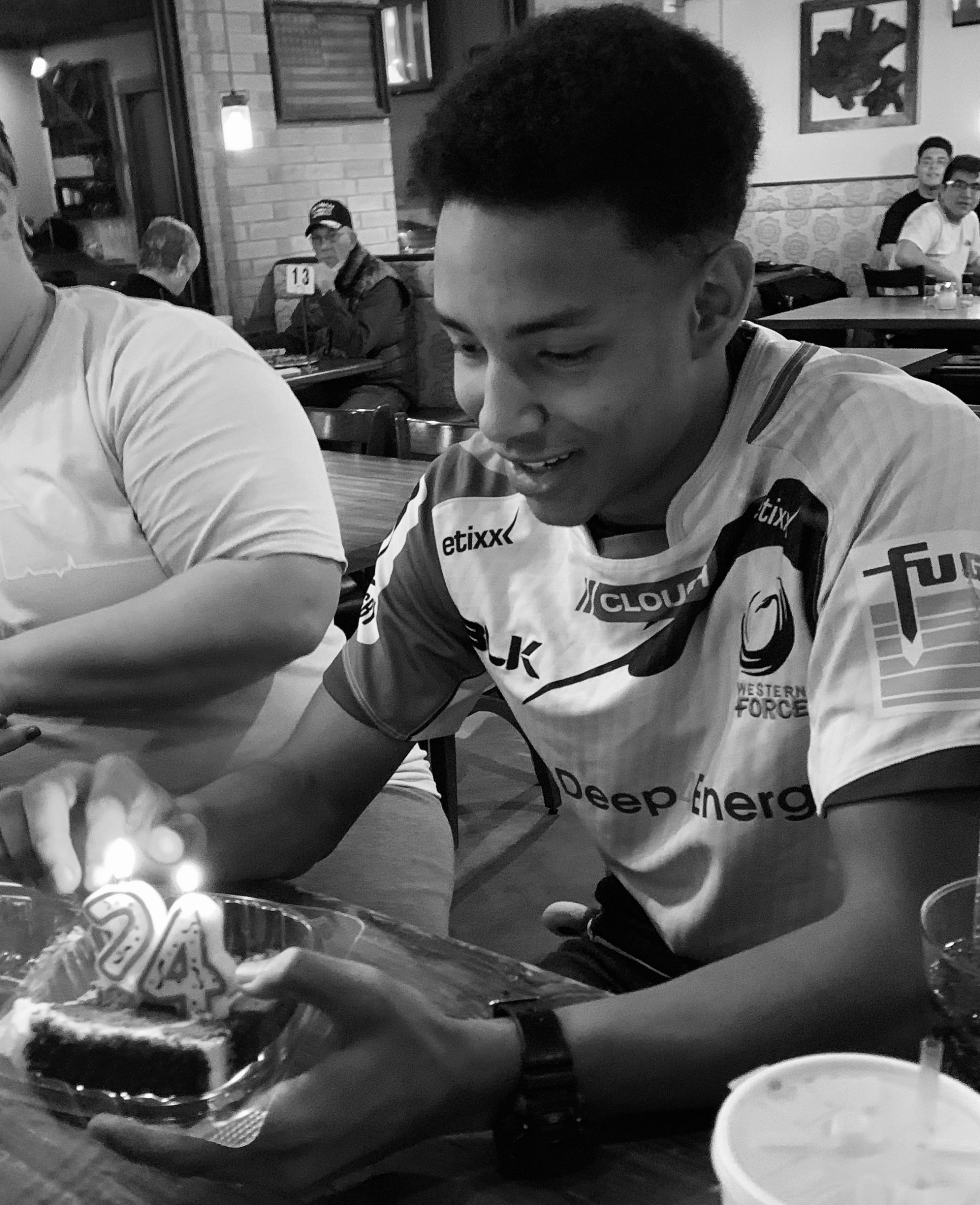~ Triggers
How many times have you heard this word?
What is a trigger?
Are they helpful?
Can we use them for good?
Are all triggers painful?
Are grievers the only one effected by triggers?
Some examples of common triggers are:
the anniversary dates of losses or trauma.
frightening news events.
too much to do, feeling overwhelmed.
family friction.
a relationship, break-up, divorce, struggling
spending too much time alone.
being judged, criticized, teased, or put down.
financial problems, getting a big bill
We believe that a trigger can bring up so many emotions. A trigger can be a memory, a smell, a location, a song or a time of day just to bring up a few.
We do not just get triggers after someone dies. We have thousands of memories per day. They do not always trigger us. We tend to talk about our triggers mostly in a negative lite, as if the memory always has a bad experience with it.
“I was triggered’. “The song triggered me”. We do not have to be grieving to be triggered.
Example of a Trigger:
This is a memory: I can see their faces so clearly playing in the front yard together. I could hear the laughter for the kitchen window.
This memory of my daughters comes to mind every time I drive near my old house. Then it triggers the pain of loss and loneliness.
The memory itself is not the trigger. The trigger is the emotional pain that happens in your heart after the memory.
It feels good. It can take me out of the moment and I start to think of those times. In my minds eye I was so happy.
Then I start to remember they are no longer here. This is my thought. The feelings start to over-flow from my heart: I am lonely, sad and I miss them so much.
These feelings bring other thoughts to my mind: No one wants to hear my story any longer. I will be like this in pain for the rest of my life. I am broken.
Now, I am spinning out of control between the thoughts and negative emotions.
6 Ways to Approach Triggers
- Acknowledge the emotions you feel before during and after your trigger
Ignoring them makes you feel worse
- Lean-in to the triggers
Don’t push back against it. Even if the trigger does not produce a happy memory. Don’t try to refocus your attention. Stay with it for as long as you can.
3.What is this trigger bring up for you?
What does it feel like? Is it moving fast or slow? Is it heavy or lite? What color is this emotion?
- If this trigger is too emotional for you to deal with today, try journaling it.
Today March 3, 2020 I keep remembering the look on his face and I feel heavy. I need him now more than ever….
- Create a coping list for next time.
What worked. What did not work? Write down what worked. (Or didn’t)
- Share your trigger with someone.
We know that when we have a trigger of the best things we can do is talk about them. Good or bad. It is the way that we get to acknowledge the elephant in the room.
There are people out there that believe with practice, the reaction to your emotional triggers could subside, but they may never go away.
They will never go away until you do the work.
We believe that you have to do the work on your heart.
There is an negative emotional energy that comes from your heart when you are triggered.
When you do your much needed work it is like you take a pair of scissors and cut the connection.
This week was Austin’s 24th birthday. Erica and I have done our work. We were not triggered by this celebration. We celebrated Austin this week together. And it was amazing! We talked about where he would be now. How much we missed him. But the triggers, there never came.
The photo is of Jordan, Austin’s baby brother holding the candle at the birthday celebration this year. Thank you for allowing us to share our grief with you. ~ Sharon




